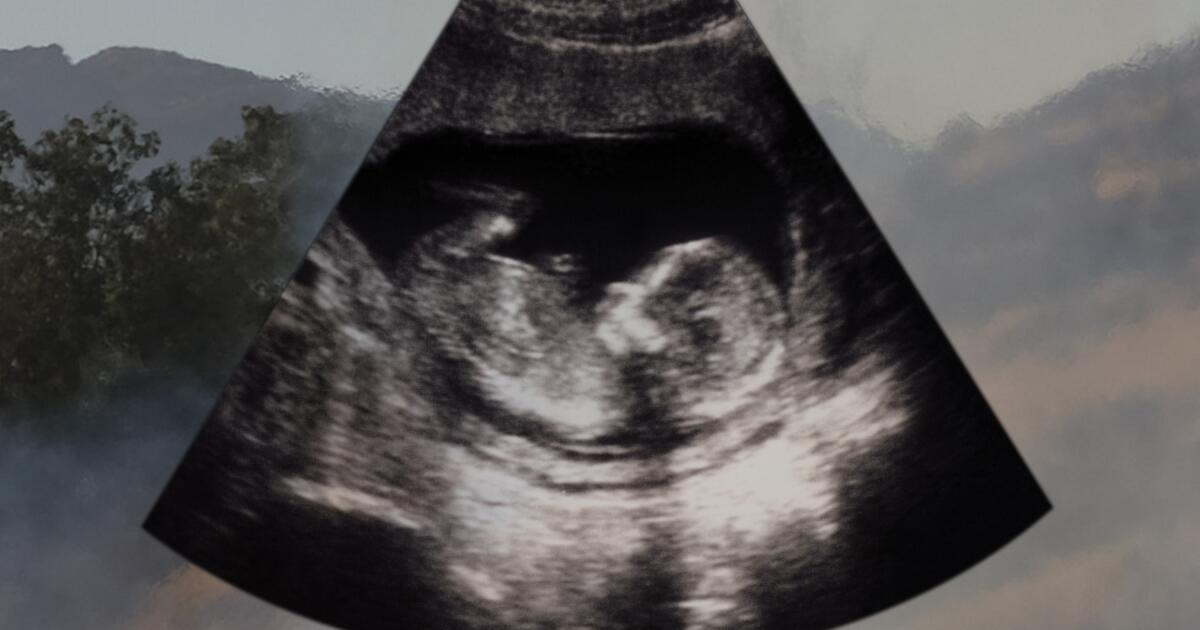Should Pregnant People Evacuate L.A. to Avoid the Smoke?
Risks to Expectant Mothers and Unborn Children
After five days of an unrelenting firestorm in Los Angeles County, medical experts are warning that the area’s smoke levels pose unique risks to expectant pregnant people and their unborn children.
Expert Guidance
Doctors say that pregnant L.A. residents should follow local emergency guidance around evacuation, according to Dr. Allison Bryant, a maternal fetal medicine specialist at Mass General Hospital who chairs the American College of OB/GYN (ACOG) Committee on obstetric care practice.
Precautions to Take
Beyond monitoring evacuation orders, Bryant suggested following Centers for Disease Control and Prevention guidelines that recommend pregnant people:
- Stay inside as much as possible with windows and doors closed, use HVAC systems with filters or portable air purifiers, and wear N95 masks if outdoor exposure is unavoidable.
- Maintain their prenatal care schedule as much as possible and update their delivery plans if evacuation becomes necessary.
Emergency Preparedness
The CDC recommends keeping a seven- to 10-day supply of prescription medicines and prenatal vitamins ready. That supply can go in a go bag with essential items, including clothes, medical records, and insurance information.
Preparing for Disasters
The CDC advice closely aligns with new guidance on preparing for disasters that ACOG released this month, specifically focused on helping pregnant individuals navigate emergency situations. While many precautions mirror general public health guidance, pregnant people face additional considerations around maintaining prenatal care and preparing for delivery.
Risks and Consequences
"What’s different about pregnant individuals is that we know that they’re going to need healthcare in the not-too-distant future," Bryant said.
Research suggests that babies born to mothers exposed to wildfires may be smaller than average, with the effect potentially strongest in later pregnancy. However, the risks go beyond just smoke exposure. Pregnancy itself makes people more physically vulnerable, with changes to breathing patterns, heart function, and mucus membranes that can intensify the effects of smoke and air pollution.
Long-term Exposure
Prolonged exposure to environmental toxins could affect a fetus’ development. With winds expected to intensify again Sunday and potentially reach 50 to 60 mph in mountains and foothills by Tuesday, relief from poor air quality may not come soon.
Expert Opinions
Dr. Joseph Ouzounian, chair of obstetrics and gynecology at USC’s Keck School of Medicine, said that while short-term exposure of a few days is typically not dangerous if reasonable precautions like wearing N95 masks are taken, longer exposure requires more decisive action. "Pregnant people will breathe more rapidly than non-pregnant people," he said. "The heart and cardiovascular system are working harder because, to some extent, they’re supporting two lives instead of one."
Conclusion
While the risks to pregnant people from wildfires are real, following public health guidelines and taking simple precautions can help mitigate the effects of smoke exposure. If the situation persists or worsens, pregnant individuals may need to consider temporary relocation or relocation to a safer area.
Frequently Asked Questions
Q: Can I stay in my home if I’m pregnant?
A: Follow local emergency guidance and take precautions to maintain good air quality in your home.
Q: Can I still attend my prenatal appointments?
A: Yes, try to maintain your prenatal care schedule as much as possible.
Q: What if I need to evacuate, how do I find a new doctor?
A: Consult with your OB-GYN for guidance and connection to care in your new location.
Q: Is it safe to stay in a hotel or temporary housing during an evacuation?
A: Yes, if the air quality is good and you can maintain your precautions, it’s generally safe. However, always prioritize your health and follow local guidance.


